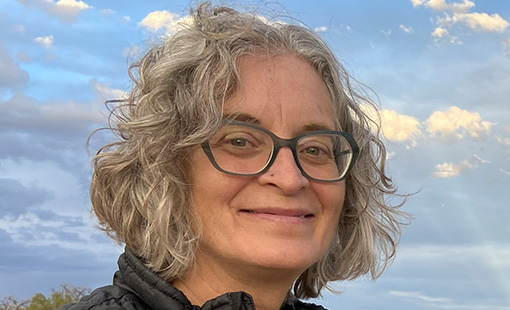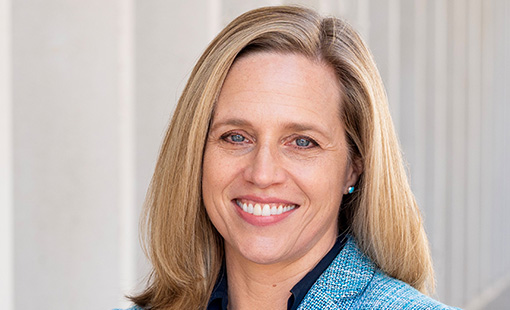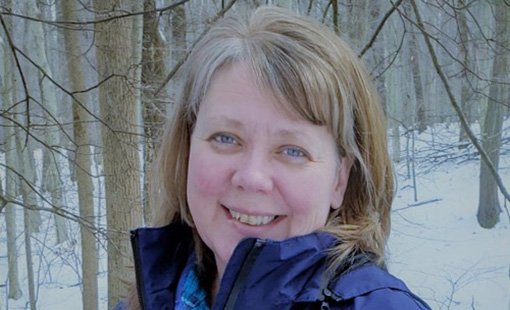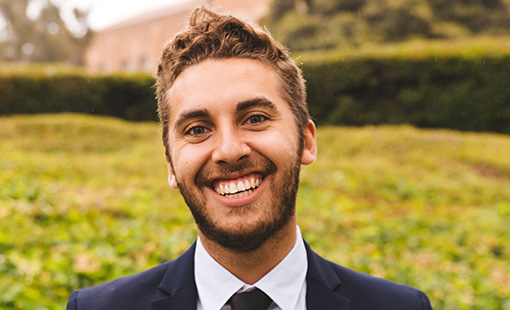Peer-Learning Cohort Topics and Resources
Explore topics from Energy to Communities (E2C) peer-learning cohorts, managed by NLR, that have helped communities advance local energy progress.
Each E2C peer-learning cohort convenes up to 15 community entities over approximately 6 months to focus on a specific energy topic within one of four categories: energy generation and grid, transportation, buildings, and resilience.
Cohort participants attend monthly presentations, engage in energy planning exercises, and discuss firsthand experiences and challenges with peers. Topics change each cohort cycle based on input from interviews and events with eligible entities across the U.S. as well as feedback from peer-learning cohort participants.
Energy Generation and Grid
E2C's peer-learning cohort topics have ranged from introductory content for communities that are just exploring energy options to more focused content relating to financing strategies, procurement strategies, and agrivoltaics implementation.

“This cohort was a perfect blend of informative presentations, peer discussions, and technical assistance. I feel like I am now well equipped with tools and resources to work through our energy planning process.” – Pam Adams, Centre Region Council of Governments, Pennsylvania
Successful Energy Project Implementation—From Technical Assistance to Deployment (January 2026)
Navigating Electricity Load Growth and Associated Utility Grid Impacts (July 2025)
Engaging With Electric Utilities for Successful Local Partnerships (July 2025)
Expanding Capacity for Distributed Wind in Rural and Agricultural Communities (January 2025)
Renewable Energy and Energy Efficiency Technologies in Appalachia (January 2025)
Implementing an Agrivoltaics Project (July 2024)
Implementing an On-Site (Municipal) Energy Procurement Strategy (July 2023)
Incorporating Community Voices in Energy Planning and Deployment (July 2023)
Moving From Idea to Implementation: Starting Renewable Energy Projects (January 2023)
Financing Strategies for a More Accessible Energy Future (January 2023)
Transportation
E2C's peer-learning cohorts have explored strategies including accelerating adoption of electric vehicle charging infrastructure and electrifying municipal fleets, in addition to integrating community priorities into transportation planning.

“My E2C learning experience was pivotal in giving me a clear understanding of the steps my city needs to take to build out our electric vehicle charging infrastructure in ways that are equitable, relevant, and efficient.” – Kim Morrow, Lincoln, Nebraska
Charting a Path to Municipal Fleet Electrification (July 2024)
Integrating Community Priorities into Electric Vehicle Plans and Projects (January 2024)
Planning and Funding for Electric Vehicle Charging Infrastructure Deployment (July 2023)
Accelerating the Deployment of Grid-Friendly Electric Vehicle Charging Infrastructure (January 2023)
Buildings
Communities across the country are exploring options to improve safety and comfort in residential, commercial, and municipal buildings. E2C's peer-learning cohort topics have focused on energy efficiency and renewable energy to power municipal and residential buildings.

“These programs are Master Classes for municipal managers to learn and implement best practices in our communities. Other departments and divisions are now seeking out similar programs for their work due to the positive outcomes that I have experienced.” – Bethany Ayers Fisher, Reading, Pennsylvania
Designing and Enhancing Energy Efficiency Programs for Residential Buildings (July 2024)
Evaluating and Prioritizing Municipal Buildings for Energy Efficiency and Renewable Energy (January 2024)
Resilience
Planning for energy resilience is critical for ensuring safety and security during and after adverse situations, including weather-related events or other disasters. E2C's peer-learning cohorts have brought community entities together to explore options for improving resilience of critical municipal facilities, including by developing solar photovoltaics, battery storage, and microgrid infrastructure.

“The structure, timing, and content in this E2C cohort was great. The NREL/WRI teams were very organized and did a great job breaking down ‘resilience’ into digestible presentations and activities.” – Elias Platte-Bermeo, Santa Monica, California
Planning for Major Energy Disruptions in the Southeast (January 2026)
Planning for Microgrids to Increase Energy Resilience (January 2025)
Enhancing Resilience at Critical Municipal Facilities Through Solar, Storage, and Microgrids (January 2024)
Share
Last Updated Dec. 7, 2025
